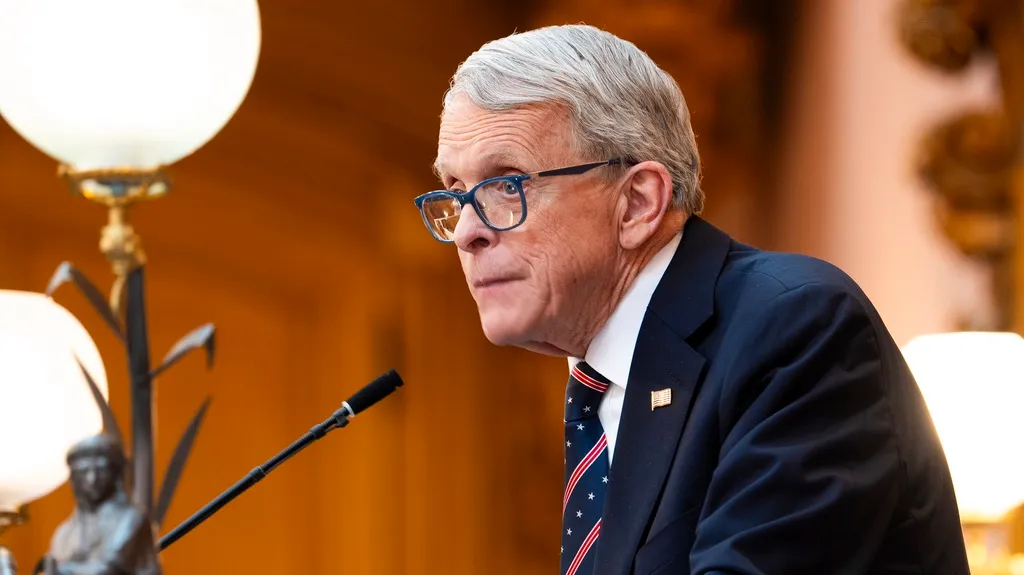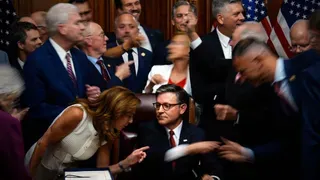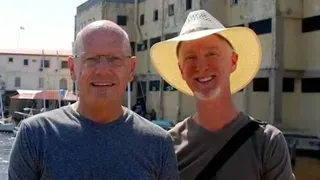January 27, 2017
HRC Launches Second Year of HIV Fellowship Program for Young Leaders
READ TIME: 4 MIN.
The Human Rights Campaign (HRC) Foundation, the educational arm of the nation's largest lesbian, gay, bisexual, transgender and queer (LGBTQ) civil rights organization, announced it is launching the second year of an intensive, capacity-building fellowship program for young leaders at the front lines of the fight to end the spread and stigma of HIV.
"We all must continue to act with urgency to combat this epidemic, including investing in emerging leaders on the frontlines of the most affected communities,"�said Mary Beth Maxwell, HRC Senior Vice President for Programs, Research and Training. "As we have seen in the first year of this important program, young leaders bring with them the creativity, passion, and ingenuity that is necessary to help the most underserved and vulnerable communities. We are thankful for the investment the Elton John AIDS Foundation is making in helping us support these advocates who are critical to ending the HIV epidemic."
HRC's HIV 360� Fellowship�program, which is made possible by the tremendous support of the Elton John AIDS Foundation, will continue to provide training and support for innovative young professionals and nonprofit leaders as they tackle the challenges facing communities hit hardest by HIV, including Black and Latino gay and bisexual men, transgender women of color, and LGBTQ people living in the South.
The new class of fellows will receive training and mentorship, as well as coaching in communications, leadership, fundraising, and other aspects of successful nonprofit management and community mobilization -- all focused on strengthening their own community organizations and initiatives.
"The Elton John AIDS Foundation is proud to continue its support of the HRC Foundation's HIV 360� Fellowship Program,"�said Scott Campbell, Executive Director of the Elton John AIDS Foundation. "In order to end AIDS, we must continue to train and mentor young activists and emerging leaders from a variety of fields including LGBTQ rights, racial and economic inequality, substance abuse, and poverty and homelessness."
Members of last year's inaugural fellowship class developed their non-profit management and leadership skills, and received a grant of up to $9,000 to design, implement, and evaluate innovative approaches to addressing the HIV and AIDS epidemic in their communities.�You can read more about their projects here.
To date, their efforts have helped more than 500 LGBTQ people and allies access HIV-related programs and services in some of the nation's hardest hit communities.
"HRC's HIV 360� Program gave me the opportunities, resources and skills to grow as a youth leader and expand my professional network. By being part of this program, I have been able to bring new programs and ideas to the Central Florida area and be part of a special group of youth leaders bringing change around the nation," said Nicole Elinoff, Sexual Minority Health Coordinator for the Florida Department of Public Health, a member of the inaugural HIV360� class.
Said Pierre-Jamar (PJ) Moton, Special Events/Projects Manager at Abounding Prosperity, Inc. in Dallas, TX, another inaugural class HIV360� fellow: "Because of HRC's HIV 360� Fellowship Program, the unheard voices of Black gay and bisexual men in the South finally were brought to the table. The program helped me further develop skills I need to implement positive change and secure much-needed resources."
Since its founding, HRC has worked to end the dual epidemics of HIV and HIV-related stigma through federal, state and local advocacy as well as public education and outreach. By educating LGBTQ people and allies about the current realities of HIV, HRC has been able to mobilize its members and supporters to take action to support critical public health programs like the Ryan White HIV/AIDS Program, and to expand access to vital health care, treatment, and nondiscrimination protections made possible by the Affordable Care Act.
HRC has also worked with organizations including the American Medical Association and the National Minority AIDS Council to raise awareness of and increase access to Pre-Exposure Prophylaxis (PrEP) in some of the hardest hit communities across the nation. HRC also regularly trains healthcare providers, front line workers, and community advocates on how to best provide LGBTQ-competent, HIV-inclusive care to the people most in need of it, especially those living throughout the Deep South.
For more information, and to apply to the 2017 HIV 360� Fellowship Program, please visit:�www.hrc.org/hiv360. The program application closes on February 28, 2017.





